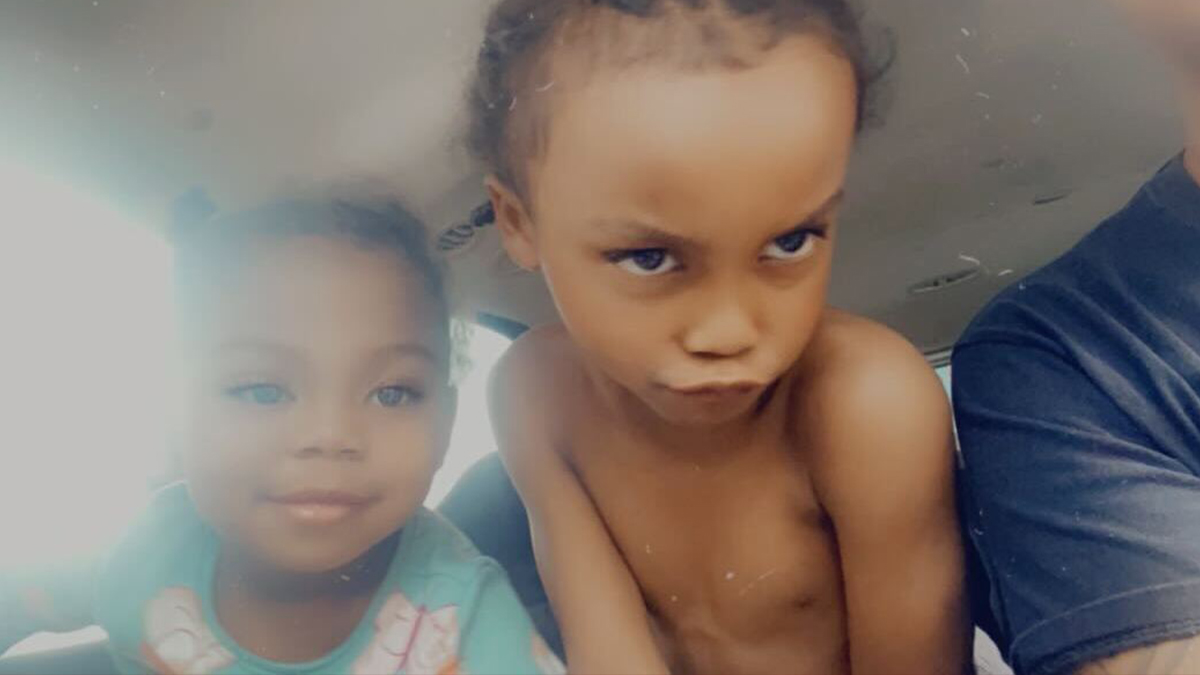For years, John Shepperd and Kim Azar Shepperd have known both their children would eventually need kidney transplants.
The San Antonio Express-News reports the siblings, Ava and John Ben Shepperd, were born with cystinosis, a rare genetic disorder that causes a type of amino acid to accumulate in the cells. The once-fatal disease, which affects several hundred people across the country, can damage multiple organs, particularly the eyes and kidneys, necessitating transplants early in life.
The family had joked that all they needed was one donor who could provide kidneys for both children. They never anticipated that it could actually happen.
Last week, their mother received a call from University Transplant Center, where 14-year-old Ava and 18-year-old John Ben were listed as kidney transplant candidates. When she was told there was a potential donor for her daughter, she asked about her son, who had nearly died as a baby before he was diagnosed.
Both were a strong match.
After frantic calls between the two halves of the family -- Ava lives with her mother in Alpine, John Ben with his father in Austin -- they packed their bags and made separate drives to San Antonio.
On Friday, within hours of each other, the teenagers underwent transplants at University, each receiving a kidney from the same deceased donor. The surgeries overlapped by about an hour -- "the longest and shortest hour ever," their father said.
Local
The latest news from around North Texas.
Days later, the family is still reeling from the extraordinary turn of events.
"Obviously, we never thought it would happen on the same day, from the same wonderful donor," said John Shepperd, 50. "We truly feel blessed."
Several physicians at University Hospital were also astounded.
"I've never seen this before, in my 10 years of medicine," said Dr. Daniel Gebhard, who works in pediatric intensive care at the hospital.
A successful kidney transplant requires not only the same blood type, but also compatible antigen typing and cross-matching.
Moreover, a computer program is responsible for matching potential donors with organ transplant candidates. Depending on the circumstances, an organ may not necessarily go to the nearest transplant center and could be transported elsewhere. Adults in South Texas usually spend years waiting for a kidney transplant. Pediatric patients are given higher priority.
In light of those factors, last week's outcome was "incredibly rare," said Dr. Elizabeth Thomas, a transplant surgeon at University Transplant Center. "The computer did it for us."
Also, the donor's liver was split and transplanted to two recipients, which is less common, Thomas said. The donor has not been identified due to privacy laws.
For Ava and John Ben, who both needed dialysis, their surgeries came as a relief. John Ben, who has suffered from more complications from the disease, has undergone many surgeries.
This one felt different.
"I remember hooking up to my dialysis unit and thinking, this is the last time I'm going to have to attach this dumb tube to my stomach," said John Ben, who will graduate this month from Austin High School. "It just felt really good to know that this is the last time I was going to be doing this."
Along with warding off organ rejection, Ava and John Ben will still have to manage their cystinosis. But the disease will not attack their new kidneys, their mother said.
On Monday afternoon, the Shepperd family wore surgical masks to protect the teenagers' immune systems, made vulnerable by immune-suppressing drugs, as they answered questions from reporters in a hospital room.
Ava, who attends seventh grade at Alpine Middle School, said the attention made her nervous, and the procedure itself was daunting. But she said she has been cheered by the support from her friends and school.
Thomas said the situation shows that "there is no normal transplant."
"Every donor is very unique in the way they touch lives," she said.
A spokeswoman for the University Health System, Elizabeth Allen, said both patients were doing well on Tuesday.



